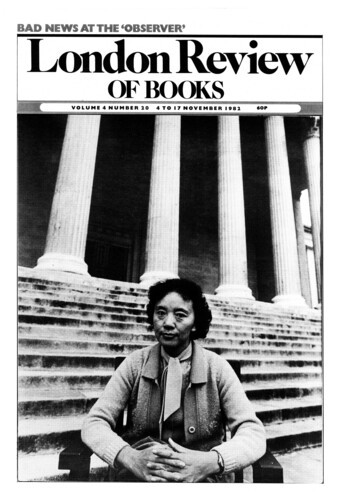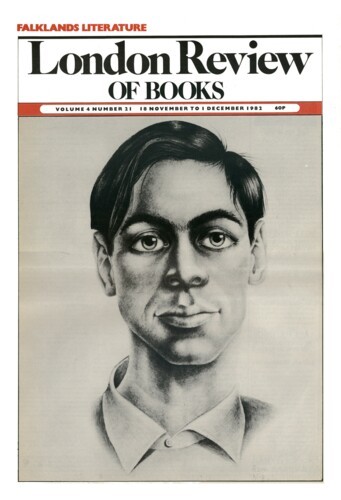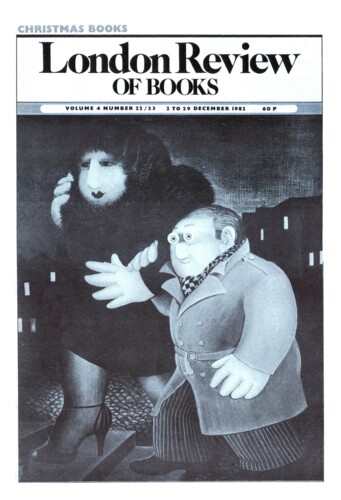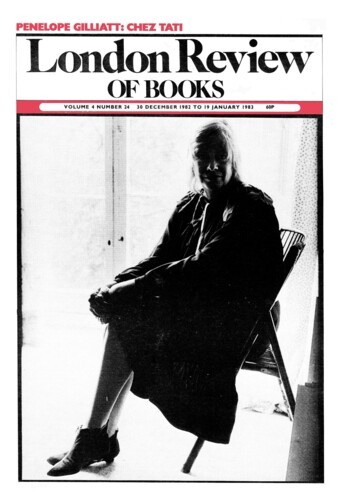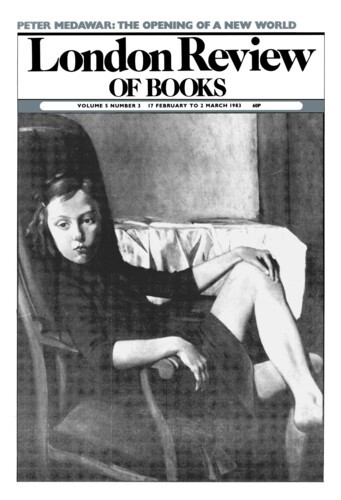Diary: Personal and Public Affairs
A.J.P. Taylor, 4 November 1982
In the days of my youth I kept a diary – not occasional reflections set down at the instruction of an editor but systematic jottings recording the events of each day. The diary became a slavery. Not a day passed without my sitting down to write in it. I imposed events on myself so that I should have something to write about. Passages were inserted in order to please or sometimes to offend my friends and relations. In fact, there came a time when the diary existed more than I did. When I reached man’s estate I ceased to write in my diary and destroyed all the previous volumes. I have never regretted this decision. All that remains of my diary-keeping is a reading-list in which I have recorded the titles of all the books I have read from 1926 to the present day. This comes in useful to remind me of books I had quite forgotten. It also fills me with shame to discover the amount of time I wasted on books not worth reading. But this is a habit that still persists.
